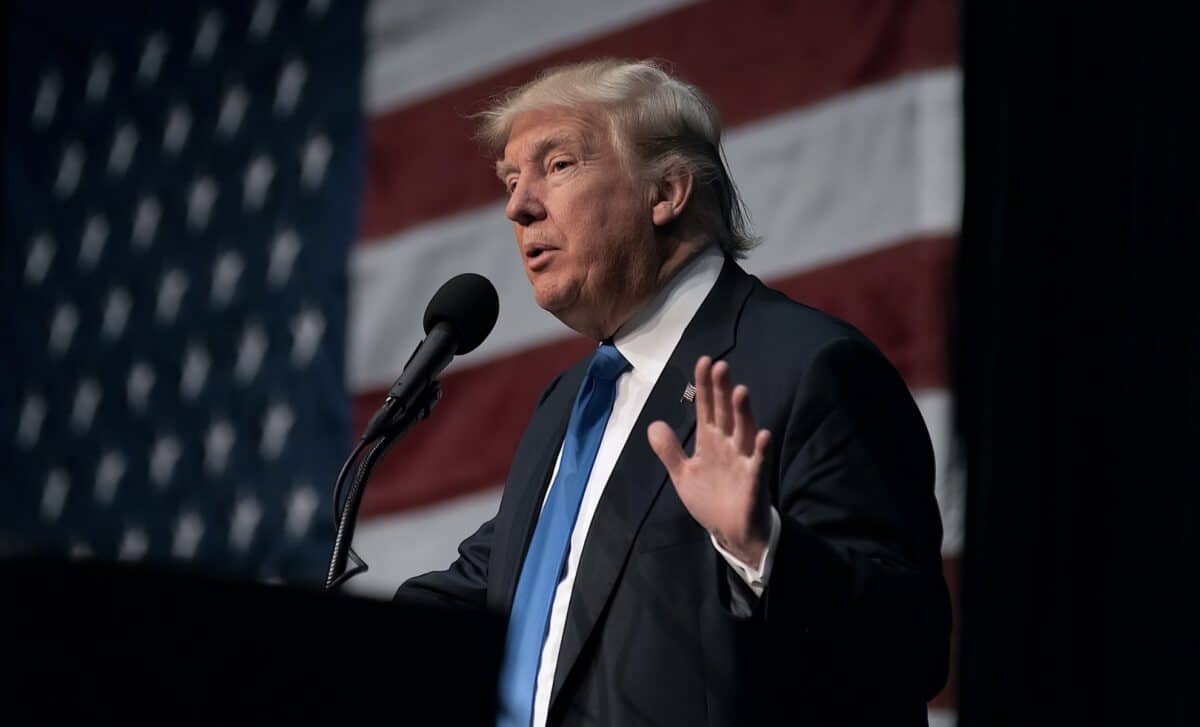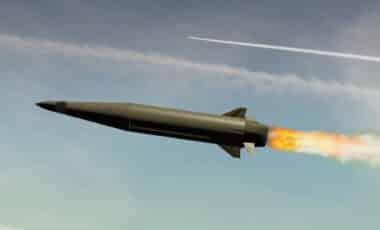A war with Iran could significantly damage Donald Trump’s political legacy, despite the potential for short-term popularity boosts. According to political analysis, the outcome of such a conflict might mirror the political costs experienced by former Presidents George H.W. and George W. Bush after their wars with Iraq. The risks of escalating military actions, particularly in the context of Iran’s response, may undermine Trump’s long-term political ambitions, even if the military objectives are met.
Trump has often portrayed himself as a transformative figure in American politics, yet a military engagement with Iran could derail his broader political project. As detailed by political analysts, such a war would not only risk entangling the U.S. in another quagmire but could also lead to significant economic and geopolitical consequences. Even with the prospect of a decisive military victory, the public’s attention to the Middle East may not outweigh domestic concerns, which are central to the upcoming election cycles, reports The National Interest.
Israel vs Iran: What Would Happen If a Nuclear Bomb Detonated in 2025?
The Bush Legacy and the Risks of Military Glory
The political impact of military actions on American presidencies is evident in the legacy of the Bush family. Both George H.W. and George W. Bush faced political fallout from their wars in the Middle East. George H.W. Bush’s successful military intervention in Kuwait, which ousted Saddam Hussein’s forces in 1991, initially boosted his approval ratings. However, his popularity waned sharply, and he lost re-election in 1992 despite the apparent military victory. Similarly, George W. Bush’s invasion of Iraq in 2003 initially garnered widespread approval, but the subsequent quagmire in Iraq and its long-term consequences severely harmed his political standing (Gay).
The parallels to Trump’s situation are striking. While a war with Iran could offer an immediate boost in national security and military success, the long-term consequences could mirror the experience of the Bush administrations.
Both Bushes faced political defeat in the years following their military engagements, which raises questions about the sustainability of military success in shaping political legacies. As seen with the Iraq War, military interventions can shift public opinion from initial support to long-term disillusionment.
Iran: A Pessimistic Scenario for Trump
The potential fallout from a war with Iran could be severe, as analysts predict that limited U.S. strikes might provoke a broader conflict. According to political observers, a war could escalate quickly, with Iran targeting American bases in the region and striking back with missile attacks.
The resulting conflict might severely disrupt global oil markets, causing an economic downturn that could drag the U.S. into a recession. This would further harm Trump’s political fortunes, as high petroleum prices and global instability would overshadow any immediate military success.
In this pessimistic scenario, the geopolitical consequences would likely ripple beyond the Middle East, impacting American voters. Terrorist attacks targeting U.S. citizens and allies around the world could exacerbate national security fears. The situation could further erode public trust in Trump’s handling of international relations, potentially contributing to a significant loss in the 2028 presidential election.
The Optimistic Scenario: Limited Victory and Domestic Impact
Even in an optimistic scenario where U.S. military actions succeed in limiting Iran’s nuclear ambitions, the political impact for Trump may still fall short of his goals. According to analysts, a successful military campaign could result in the dismantling of Iran’s nuclear infrastructure and lead to internal upheaval in Tehran.
However, the public’s interest in the Middle East may be fleeting, as voters are more focused on domestic issues such as the economy, taxes, and crime. In this scenario, Trump’s re-election prospects would still hinge on issues closer to home, and not on foreign policy victories.
Military victory might have symbolic value in certain circles, but it is unlikely to shift the broader narrative of Trump’s presidency. With domestic concerns taking precedence in the eyes of the American electorate, particularly in swing states, the long-term political consequences of engaging in another Middle Eastern conflict would be complex.








